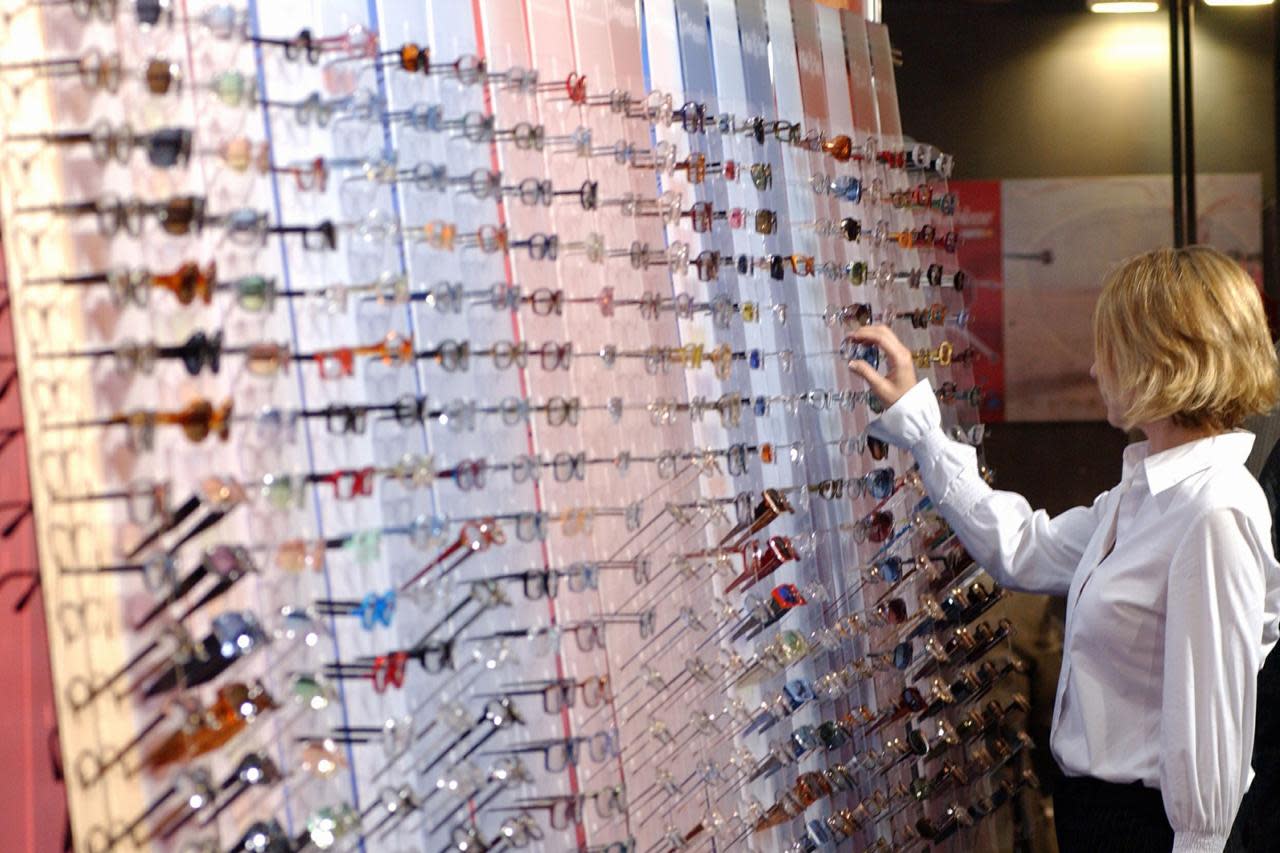AGI
Germany secures another 30 million BioNTech doses
AGI – Germany has secured another 30 million doses of the Pfizer / BioNTech vaccine, which, according to the Ministry of Health, are added to the 55.8 million doses of the same immunizer, which will arrive through the agreement made by the EU. While the number of deaths linked to the coronavirus has exceeded the symbolic threshold of 30,000, in less than 48 hours Germany has already vaccinated 21,566 people, according to what emerges from the monitoring of the vaccination campaign of the Robert Koch Institut, the German epidemiological center, which is progressively updated on the respective site. Polemic reactions were recorded in Italy at the news, up to the intervention of the extraordinary commissioner for the Covid emergency, Domenico Arcuri. He recalled that “Italy together with France, Germany and Holland has promoted European centralized purchasing. It was and is a beautiful page of Europe. The European Union buys for all member countries and distributes vaccines according to the population. We have 13.5% of vaccines. We are confident that this beautiful page should not be interrupted “, underlined the Commissioner. He was echoed by the director of the infectious disease center of the Sacco Hospital in Milan, Massimo Galli: “If confirmed” the news of the purchase by Germany of 30 million doses of the Pfizer-Biontech vaccine is, “I can say, at least inelegant. Weren’t we the crafty ones who did things to guarantee ourselves some advantages? It is neither correct nor pleasant to hear, “declared Galli. In recent days, the German health minister, Jens Spahn, who according to a survey would have surpassed even Angela Merkel in the ranking of the most popular politicians in the country, announced that Germany will have 1.3 million doses of the vaccine by the end of the year. Pfizer / BioNTech and that, from January, 700,000 doses will be delivered to vaccination centers in federal states every week. A first batch of 400,000 doses will be available at the beginning of the vaccination campaign. From 3 to 4 million doses should arrive in January, by the first quarter of the year the Ministry of Health expects to have between 11 and 13 million doses available, which should be sufficient for the vaccination of about 6.5 million. people, since the drug requires two administrations. Overall, Germany has secured, under the framework agreement within the European Union, over 300 million doses, including other vaccines in addition to Pfizer / BioNTEch, namely those developed by AstraZeneca, CureVac and Moderna. There are at least 442 places distributed throughout the country to act as vaccination centers, which can count on tens of thousands of doctors, nurses and other staff needed to make it work. In the vaccination hub of Tegel airport in Berlin alone, up to 5,000 daily injections will be possible. Among others, 102 centers with a total capacity of 30,000 vaccinations per day have been established in Bavaria. Special mobile teams are committed to vaccinating those people who, due to disability, illness or other impediments, are unable to reach the vaccination centers. Germany will also receive 50.5 million doses of the Moderna vaccine, which is expected to be approved in early January, again through agreements signed by Brussels. The federal government is negotiating additional doses nationwide. Both the Moderna vaccine and the Biontech drug (together 136.3 million doses) will be delivered to Germany in 2021, according to the Ministry of Health, so that there will be doses available for all 68.15 million German citizens. Germany has ordered more vaccines still awaiting approval: 42 million doses of the drug developed by Curevac will arrive through the EU, in addition to 20 million more doses that Berlin has secured nationwide. Germany will also receive 56.2 million doses from the AstraZeneca vaccine from the EU and 37.25 million from the Johnson & Johnson vaccine. “No to vaccine nationalism,” said Spahn, in an interview with public television Zdf. “The fact that the first, and so far only EU-approved vaccine comes from a German pharmaceutical company must not have any advantages for this country,” he added. The German government hopes to increase vaccine production by Germany’s BioNTech and its US partner Pfizer and excludes the license from being transferred to other companies, as proposed by the left-wing opposition. “Our goal is that more vaccines can be produced in Germany from February and March, which would greatly increase our capacity,” Spahn explained. BioNTech has acquired a plant in Marburg (West) from the Swiss company Novartis, with the prospect of increasing production, the minister recalled. The production of the vaccine involves a “very ambitious and careful technical process”, the pace of which cannot be expected to “accelerate” or transfer to other companies.
–

